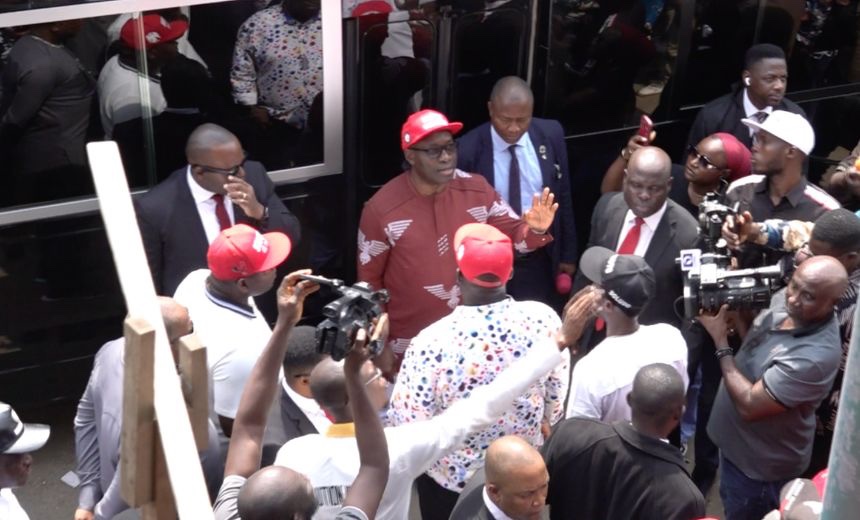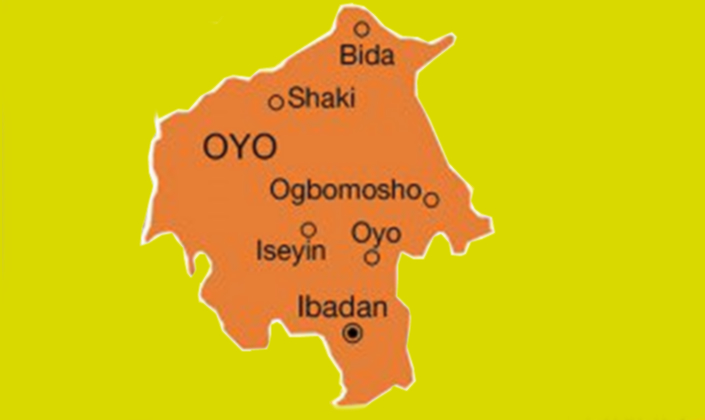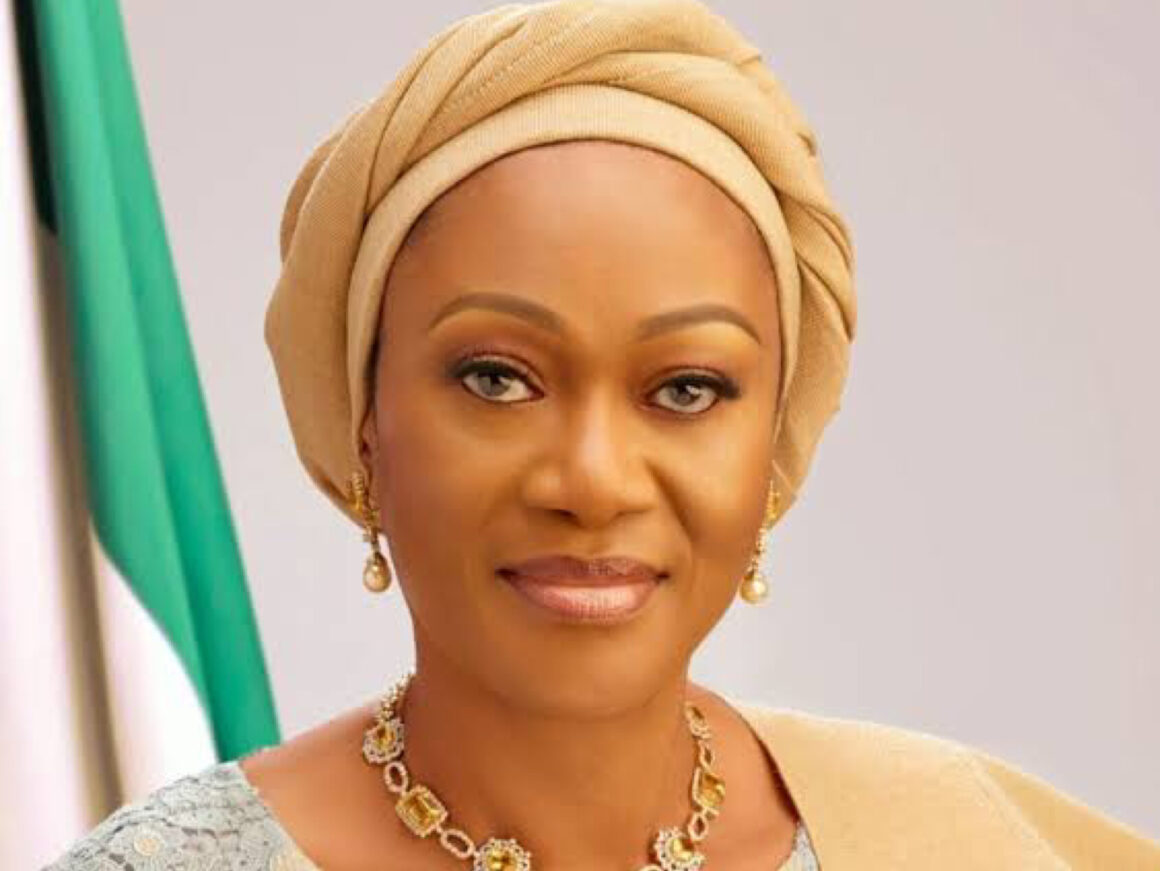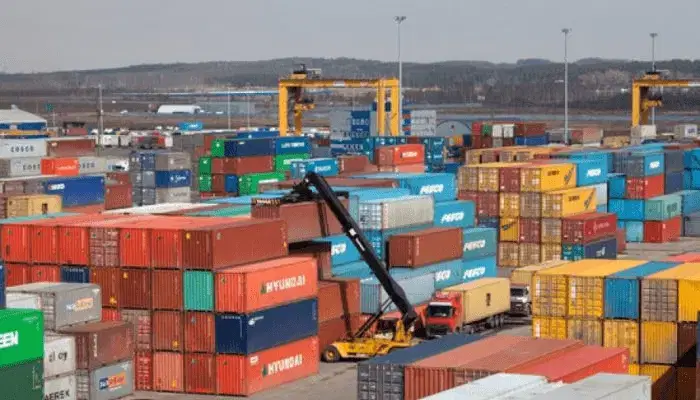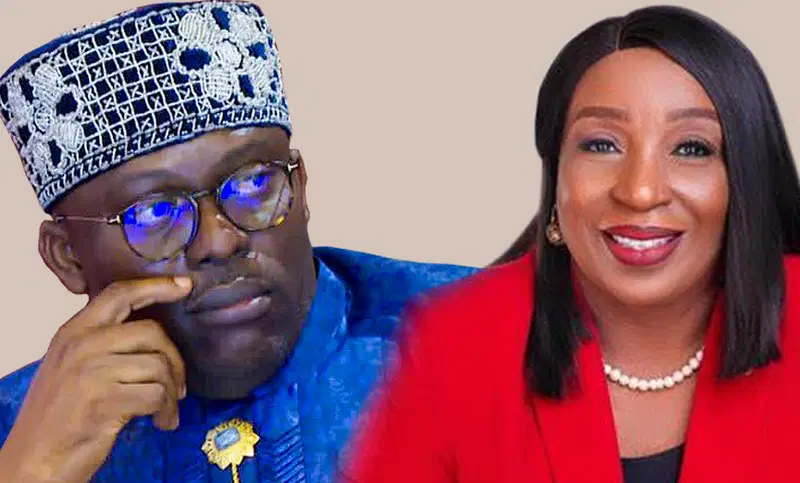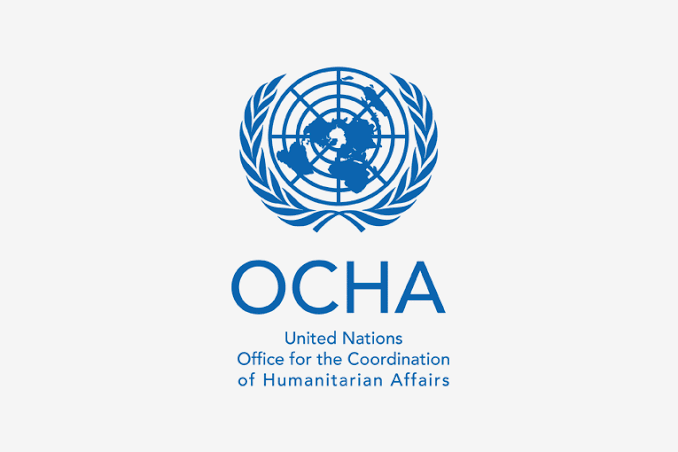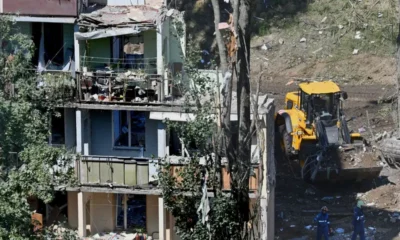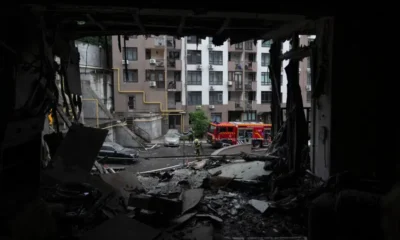World News
Russia imposes partial ban on WhatsApp, Telegram calls over crime concerns

Russia has announced partial restrictions on calls made through WhatsApp and Telegram, citing the need to combat criminal activities, state media reported on Wednesday.
Communications watchdog Roskomnadzor said the decision was necessary because the platforms had become key tools for fraud, extortion, and recruiting citizens for what it described as subversive and terrorist acts.
Authorities claim Ukraine has used Telegram to recruit individuals and carry out sabotage operations inside Russia. Moscow is demanding that the platforms provide law enforcement with access to user data, not just for fraud cases but also for terrorism-related investigations. The digital ministry stated that call access would be restored once the apps comply with Russian laws.
Telegram, in a statement to AFP, insisted it actively tackles misuse, including calls for violence and fraud, removing millions of harmful posts daily.
WhatsApp, owned by Meta, defended its end-to-end encryption, accusing Russia of trying to block secure communication for over 100 million users to push them toward services more vulnerable to surveillance.
The move comes amid Russia’s sweeping clampdown on press freedom and online speech since its invasion of Ukraine.
-

 News4 hours ago
News4 hours agoOpposition Reps raise alarm over alleged non-implementation of 2025 budget
-
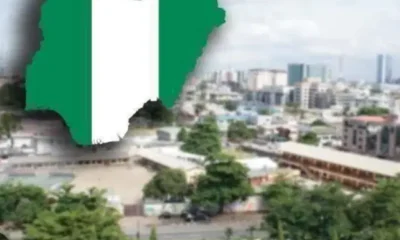
 Business4 hours ago
Business4 hours agoCurrency outside Banks rises 10.2% as money supply expands
-
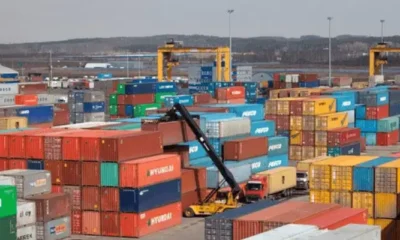
 World News4 hours ago
World News4 hours agoNigeria’s exports to Africa hits N4.82trn
-

 National News4 hours ago
National News4 hours agoClean Energy key to survival, healthy living — Remi Tinubu
-
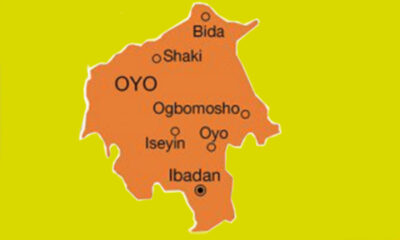
 Metro4 hours ago
Metro4 hours agoPolice Inspector killed as officers rescue kidnap victim in Oyo
-
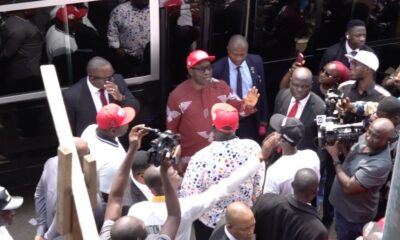
 News35 minutes ago
News35 minutes agoBREAKING: Soludo orders closure of Onitsha Main Market over sit-at-home defiance

